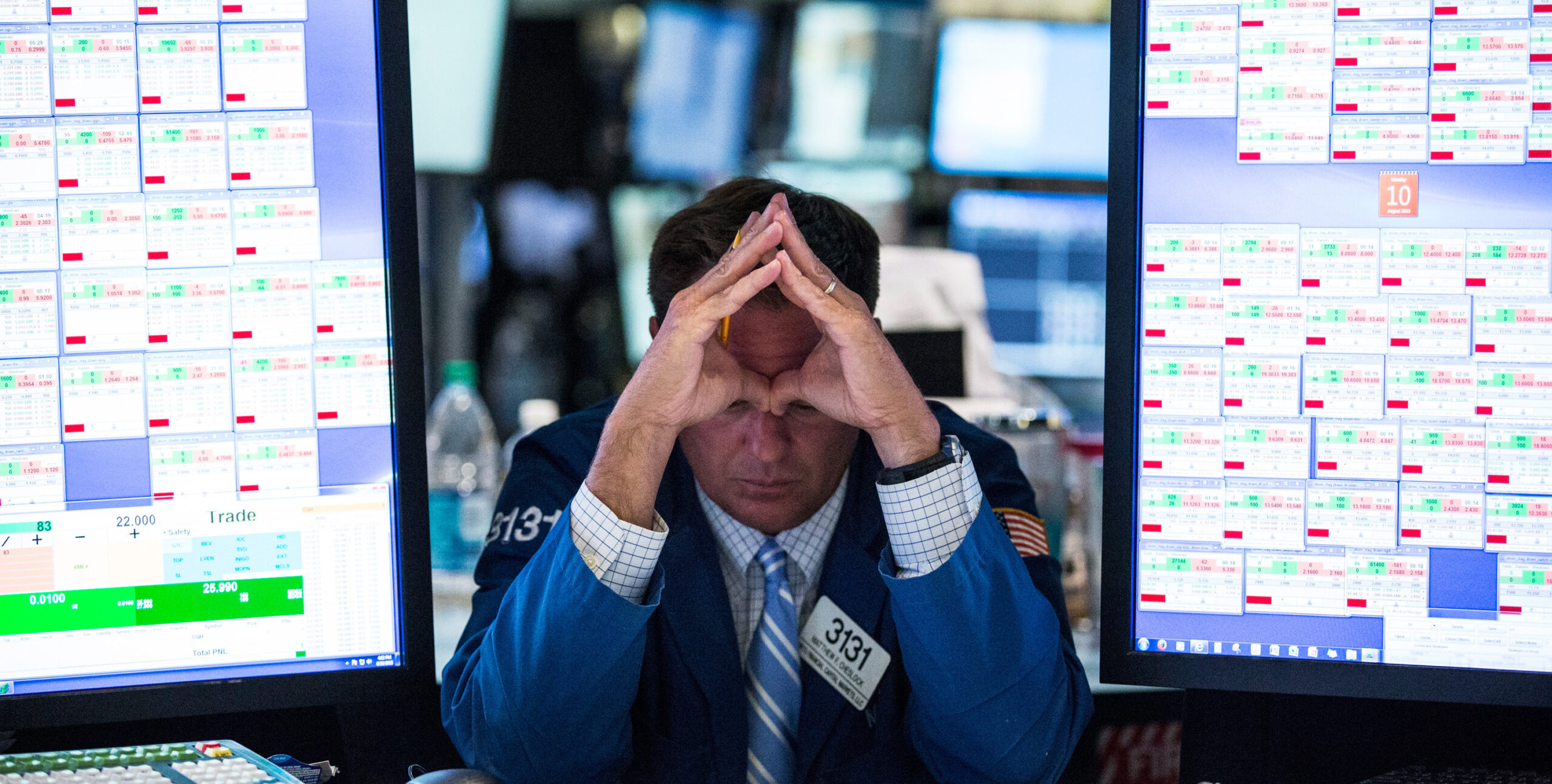On the face of it, America is in a healthy economic position. The latest US labour report has found that over 350,000 new jobs were added to the economy, along with an unemployment rate stuck in the basement and a further uptick in wage growth that had already been pretty solid.
Despite the sharp rise in interest rates over the previous year, the economy is chugging along just fine, and workers are apparently managing to absorb the increase in their mortgage and credit-card costs thanks to their growing real wages.
But all isn’t quite as rosy as it seems. In another part of the economy, trouble is looming: the commercial real estate sector could be entering a crisis point. In particular, many smaller regional banks are proving to be a lot less resilient than their own clients, the retail investors that make up their deposit base.
After New York’s Signature Bank collapsed in the brief banking panic of spring 2023, New York Community Bancorp took over its assets. Last week, though, NYCB’s own shares collapsed after it posted a surprise loss. Its problem is that, like many regional banks, NYCB is particularly exposed to commercial real estate.
Ultimately, many ordinary people will be affected by the woes in this corner of the financial system. Pension funds in particular lean on commercial real estate for their income, so this could hit several of their balance sheets. More broadly, the sector may be a canary in the financial system’s coal mine: what happens there may not stay there, since there is a great deal of leverage in the American corporate sector.
There has been a crisis building in the commercial real estate sector for some time. Until recently, investors had kept troubled properties on the books in the hope that better days would return. But as time passes and the pressure to generate cash rises, they’re starting to go to market, with sometimes shocking results. For example, it emerged last week that the Canada Pension Plan recently offloaded its 29% stake in a prestigious Manhattan office block for $1. If one of the world’s biggest investment funds, which like many pension plans has a considerable exposure to real estate, is looking to cut and run, it could mean a fire sale is about to begin.
To forestall more such collapses, the sector is pleading for interest rates to fall. Therein lies the Federal Reserve’s dilemma. Since taking his victory lap in the fight against inflation back in December, Chairman Jerome Powell has been dialling back the rhetoric, and recent events suggest that this is a wise move. Indeed, economists remain divided on whether this is a blip or the start of a new inflation cycle, but it would be a brave bet to conclude that inflation is licked at this point.
If the Fed cuts rates too soon, it risks a resurgence of inflation. But if it cuts too late, asset markets could tumble. More banks could fail and this may trigger a chain reaction through this section of the financial system.
For Joe Biden, this could be a win-win. If interest rates are cut, the economy will get an election-year sugar rush. If they aren’t, the economy’s resilience will probably endure but property prices could fall, solving one of the economic problems for which Americans still blame him — unaffordable homes.
But for poor old Jerome Powell, there may be no good solution. It appears the chickens hatched by a decade of cheap money have come home to roost, and he’s struggling to find where to coop them all.











Join the discussion
Join like minded readers that support our journalism by becoming a paid subscriber
To join the discussion in the comments, become a paid subscriber.
Join like minded readers that support our journalism, read unlimited articles and enjoy other subscriber-only benefits.
Subscribe